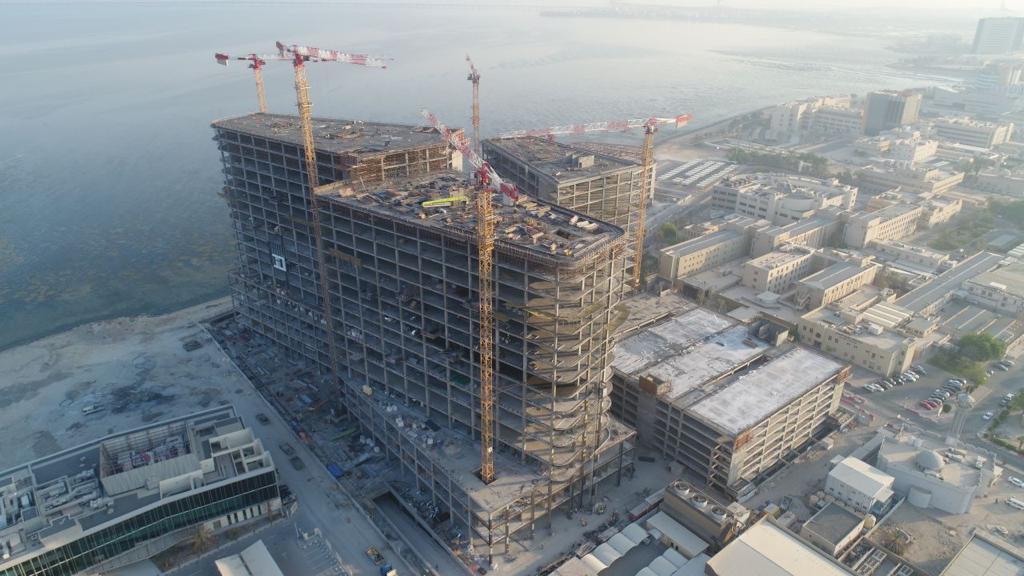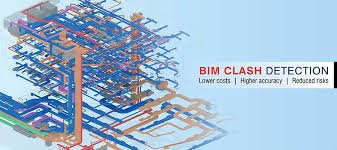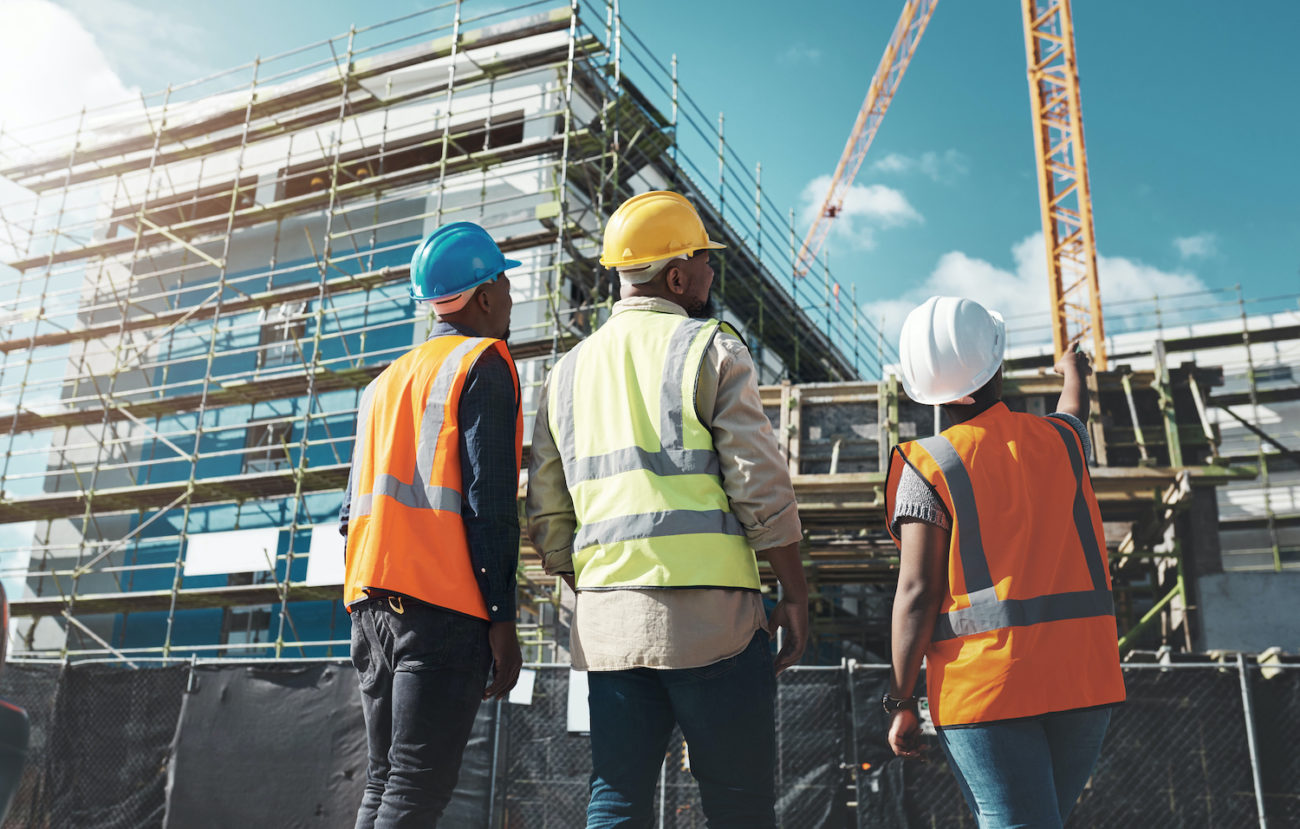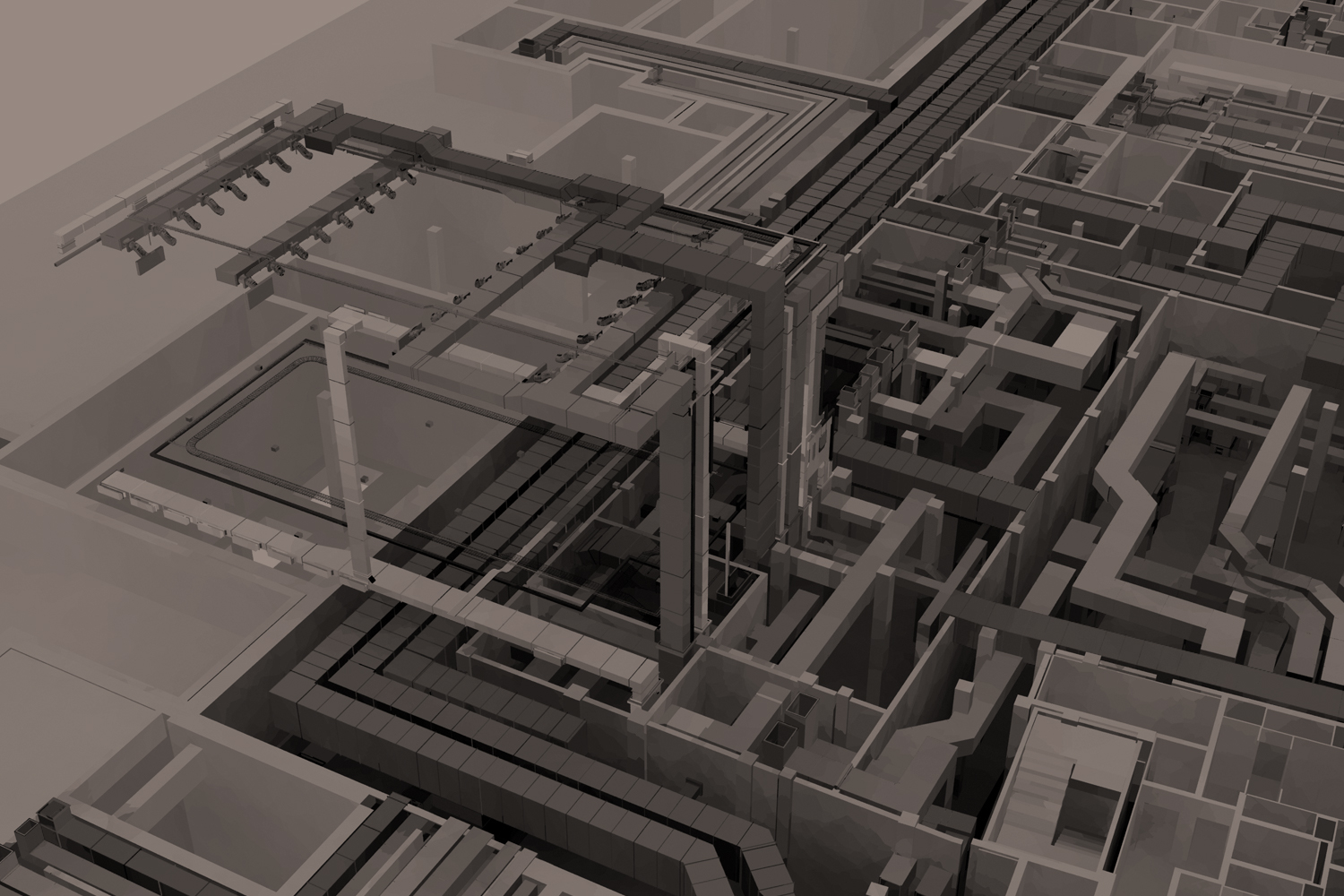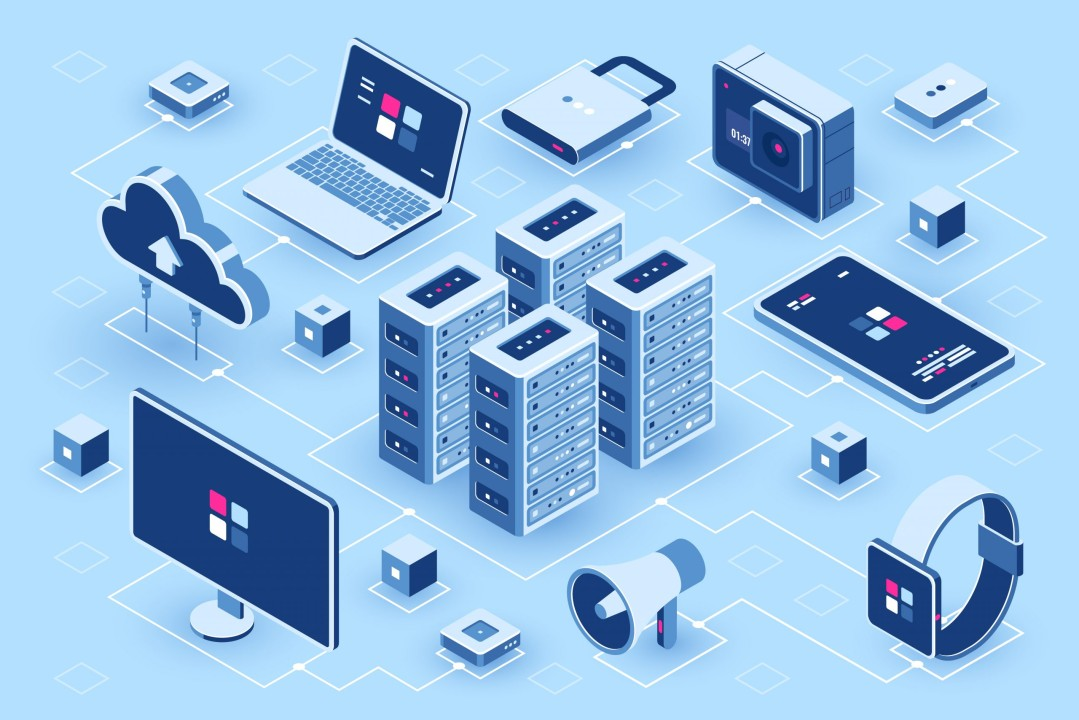In the dynamic realm of construction and infrastructure development, Dubai stands as a global icon for cutting-edge innovation and architectural marvels. Among the many technological advancements shaping the future of construction, Building Information Modeling (BIM) services have emerged as a transformative force. This revolutionary approach to project management and design has gained significant traction in Dubai, redefining how construction projects are conceptualized, executed, and maintained.
Understanding BIM Services
Building Information Modeling is not just a technology; it’s a collaborative process that utilizes a digital representation of the physical and functional characteristics of a building or infrastructure. BIM services in Dubai integrate various aspects of a project, including 3D modeling, data management, and collaborative planning, into a single comprehensive platform. This unified approach fosters effective communication and coordination among stakeholders, leading to enhanced decision-making throughout the project lifecycle.
Key Features of BIM Services in Dubai
Efficient Design and Planning
BIM allows architects and designers in Dubai to create detailed 3D models of structures, enabling a more profound understanding of the project before construction begins. This aids in identifying potential issues, optimizing designs, and streamlining the planning process.
Collaborative Work Environment
One of the significant advantages of BIM services is the creation of a collaborative work environment. In Dubai’s fast-paced construction industry, stakeholders from various disciplines can work together seamlessly, sharing real-time updates and making synchronized decisions.
Cost and Time Savings
BIM services contribute to significant cost and time savings by identifying clashes and discrepancies in the design phase, preventing rework during construction. The ability to simulate construction processes virtually enhances project efficiency and minimizes delays.
Data-Driven Decision Making
Dubai’s construction industry benefits from BIM’s data-centric approach. Real-time data sharing and analysis enable informed decision-making, empowering project managers to make strategic choices that positively impact timelines, costs, and overall project outcomes.
Sustainability Integration
BIM services facilitate the integration of sustainable practices into the design and construction processes. By simulating the environmental impact and energy efficiency of a structure, BIM enables developers in Dubai to create buildings that align with global sustainability goals.
Facility Management and Maintenance
BIM’s usefulness extends beyond the construction phase. It provides a comprehensive database of a building’s components, making facility management and maintenance more efficient in Dubai. This ensures that buildings remain functional and resilient throughout their lifecycle.
Case Studies
Dubai International Airport Expansion: The expansion of Dubai International Airport, a key project for the city’s global connectivity, leveraged BIM services. The intricate design requirements, massive scale, and tight timelines necessitated a collaborative and data-driven approach. BIM played a pivotal role in coordinating various design elements, optimizing spatial layouts, and ensuring the seamless integration of complex systems.
Challenges and Solutions
While BIM services offer numerous benefits, their implementation in Dubai’s construction landscape is not without challenges. Some of the common hurdles include initial investment costs, resistance to change, and the need for skilled professionals. However, the long-term advantages outweigh these challenges.
Financial Investment
The initial investment in BIM technology and training can be perceived as a barrier. However, the return on investment becomes evident as projects progress with fewer errors, reduced rework, and enhanced collaboration, ultimately leading to cost savings.
Change Management
Adopting BIM requires a cultural shift in how construction projects are traditionally managed. Companies in Dubai need to invest in change management strategies, including comprehensive training programs and communication plans, to ensure a smooth transition to BIM workflows.
Skilled Workforce
The successful implementation of BIM Services in Dubai relies on a skilled workforce capable of utilizing the technology to its full potential. Dubai’s construction industry needs to invest in training and upskilling programs to equip professionals with the necessary BIM expertise.
Future Trends and Innovations
As Dubai continues to be a global hub for ambitious construction projects, the future of BIM services in the city is poised for further innovation. Some emerging trends include:
Artificial Intelligence Integration
The integration of artificial intelligence (AI) with BIM services in Dubai holds the potential to automate tedious tasks, enhance data analysis, and optimize decision-making processes.
Virtual and Augmented Reality Applications
The use of virtual and augmented reality in conjunction with BIM is expected to grow. This enables stakeholders to visualize projects in immersive environments, fostering better understanding and collaboration.
Advanced Sustainability Analysis
Future BIM services are likely to incorporate more advanced tools for sustainability analysis, allowing for even more precise assessments of a building’s environmental impact.
Conclusion
In the ever-evolving landscape of Dubai’s construction industry, embracing BIM services is not just a choice it’s a strategic imperative. The city’s ambitious projects demand a level of precision, collaboration, and efficiency that traditional methods struggle to deliver. BIM services, with their holistic approach to project management, have already proven their worth in streamlining processes, reducing costs, and ensuring the successful realization of iconic structures. ENGISOFT ENGINEERING – BIM Staffing & BIM Services Dubai continues to reach new heights, BIM stands as a cornerstone technology, shaping the future of construction in this global metro.


